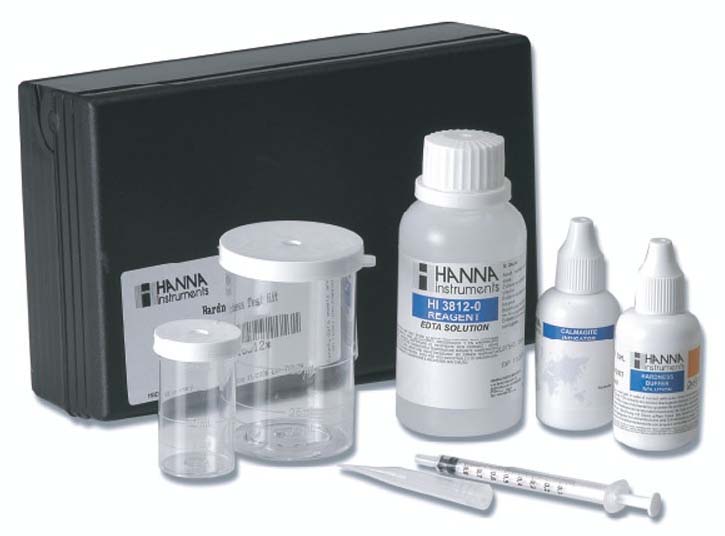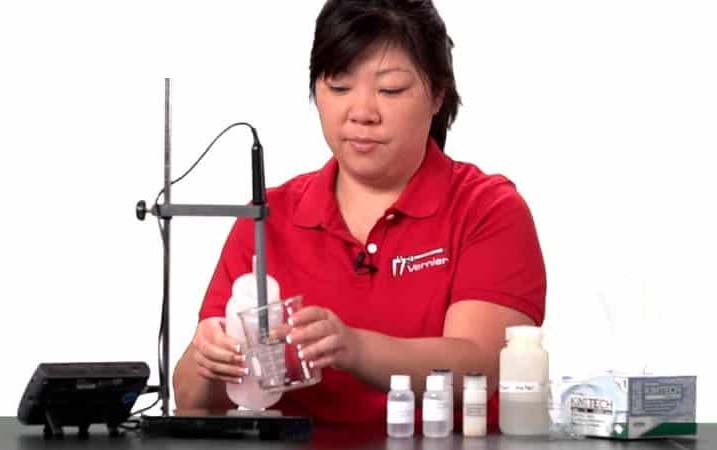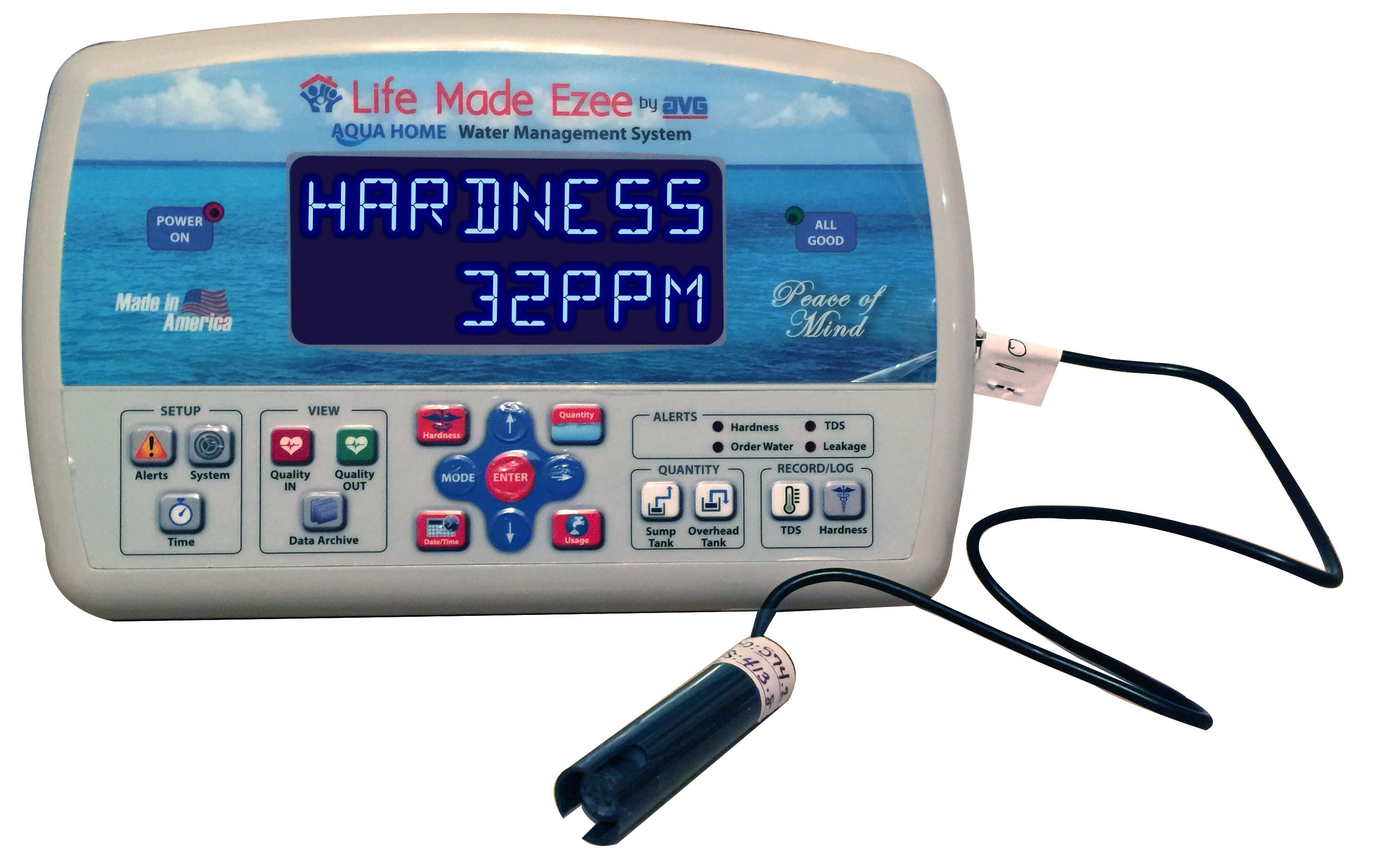Hardness Measurement
Accurate measurement and calculation of water hardness is extremely challenging. Here are some known methods:
-
 Titration Method: This is a very rough and inaccurate method of measuring water hardness PPM. An experienced process technician takes a measured amount of sample water, mixes it up with measured amounts of chemical Reagents and then count the number of drops of another chemical that cause the water under test to change color. Particularly at lower PPMs of most interest that is between 20 to 100 PPM, it is almost useless. Even above 100 PPM it is widely speculative. It can only give a range. LME sent multiple samples of same water to different so called “accredited” labs and no two results are within 30% of each other. Different Titration kits in the market give different results. Labs charge Rs. 1000 to 2000 per sample depending upon the region of India.
Titration Method: This is a very rough and inaccurate method of measuring water hardness PPM. An experienced process technician takes a measured amount of sample water, mixes it up with measured amounts of chemical Reagents and then count the number of drops of another chemical that cause the water under test to change color. Particularly at lower PPMs of most interest that is between 20 to 100 PPM, it is almost useless. Even above 100 PPM it is widely speculative. It can only give a range. LME sent multiple samples of same water to different so called “accredited” labs and no two results are within 30% of each other. Different Titration kits in the market give different results. Labs charge Rs. 1000 to 2000 per sample depending upon the region of India.
- Electro-physics Method: This requires a very expensive machine to study the molecular composition of water under test. Most so called “accredited’ labs charging Rs. 4000 per test are grossly off for lack of properly maintained machine. Using a properly maintained and certified machine would yield in the most accurate measurement, but that would cost upwards of Rs. 25,000 per test.
-
 Ion Selective Probes: This is the most practical and accurate method of water hardness measurement known to mankind so far. However, the problem here is that this method requires an environmentally controlled laboratory free of dust and other airborne particles, at least a Class 100 clean room. In addition, it is very time consuming. It takes over 30 minutes to get an accurate reading.
Ion Selective Probes: This is the most practical and accurate method of water hardness measurement known to mankind so far. However, the problem here is that this method requires an environmentally controlled laboratory free of dust and other airborne particles, at least a Class 100 clean room. In addition, it is very time consuming. It takes over 30 minutes to get an accurate reading.
-
 LME INVENTION: LME WMS features a unique innovative probe that can read water hardness accurately from 5 PPM to 5000 PPM. The probe is plugged into the Main Data and Control Panel (MDCP) and measures the water hardness of the sample water in typically 2:20 minutes, but a maximum of 5 Minutes. This probe technology is covered by multiple patents pending in the United States.
LME INVENTION: LME WMS features a unique innovative probe that can read water hardness accurately from 5 PPM to 5000 PPM. The probe is plugged into the Main Data and Control Panel (MDCP) and measures the water hardness of the sample water in typically 2:20 minutes, but a maximum of 5 Minutes. This probe technology is covered by multiple patents pending in the United States.